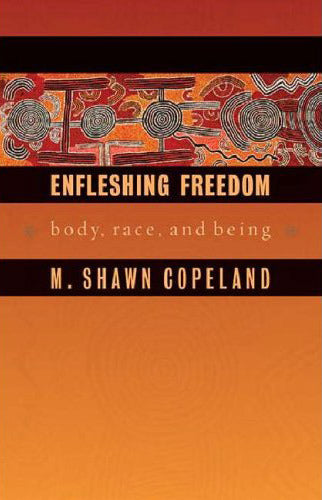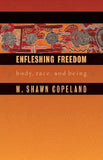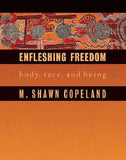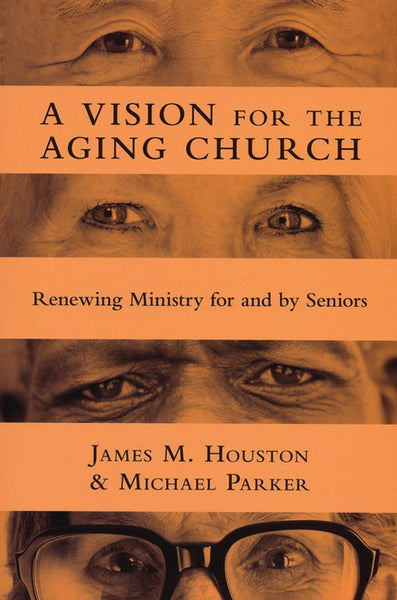by Shawn Copeland
Being human is neither abstract nor hypothetical. It is concrete, visceral, and embodied in the everyday experience and relationships that determine who we are. In that case, argues distinguished theologian Shawn Copeland, we have much to learn from the embodied experience of black women who, for centuries, have borne in their bodies the identities and pathologies of those in power.
With rare insight and conviction, Copeland demonstrates how black women's experience and oppression cast a completely different light on our theological theorems and pious platitudes and reveal them as a kind of mental colonization that still operates powerfully in our economic and political configurations today. Further, Copeland argues, race and embodiment and relations of power not only reframe theological anthropology but also our notions of discipleship, church, and Christ as well. In fact, she argues, our postmodern situation - marked decidedly by the realities of race, conflict, the remains of colonizing myths, and the health of bodies - affords an opportunity to be human (and to be the body of Christ) with new clarity and effect.






